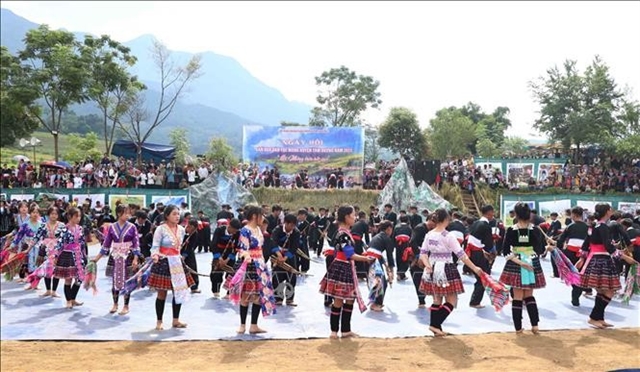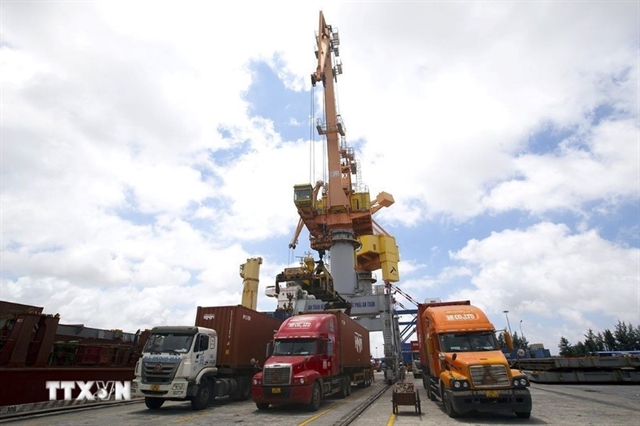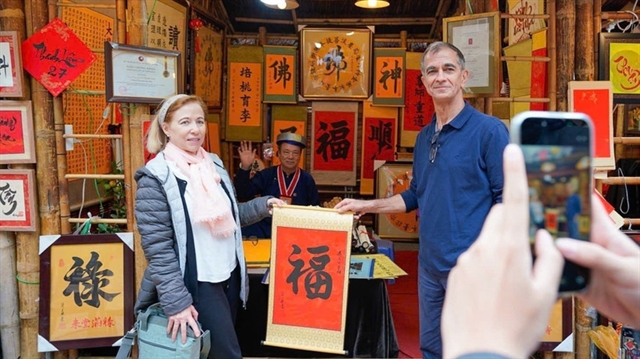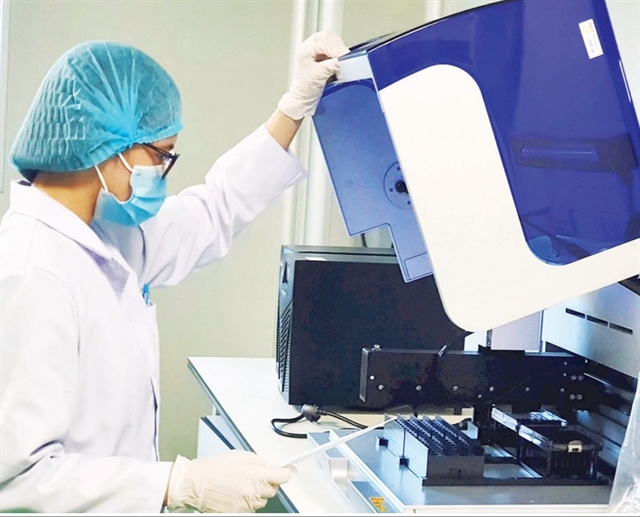 Economy
Economy
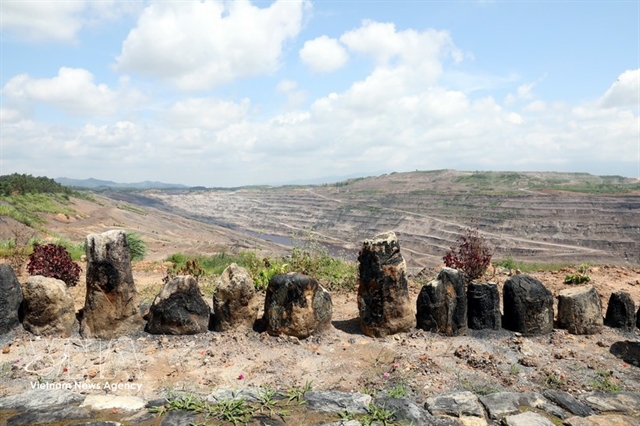
 |
| A petrol station in Cần Thơ City. The draft of a new decree on petroleum business will be completed and submitted to the Government for consideration sometime in June. — VNA/VNS Photo Thanh Liêm |
HÀ NỘI — Sixteen general agents have quit petroleum distribution since the start of the year, but their leaving the market will not impact petroleum supply, a representative from the Ministry of Industry and Trade said.
According to Nguyễn Thuý Hiền, Deputy Director of the ministry’s Domestic Market Department, entering and withdrawing from the market happens regularly and the petroleum business is no exception.
Petroleum distribution general agents are sale agents for a single, top level distribution group and sell wholesale fuel to a retail agent, working within a distribution network under an agency arrangement, or may retail fuel at its own retailing stations.
Hiền said that previously the ministry had asked for reports on their business conditions and many agents were found not to meet the official requirements, so they surrendered their licences.
She said that the number of petroleum general agents in the market has reduced from more than 330 to 298.
After the licences are revoked, they can continue to work in petroleum retail if they work for other traders, or if not they can sell or lease their facilities.
Hiền said this meant, essentially, that these petrol stations would continue to operate normally.
To ensure petroleum supply is uninterrupted, the Ministry of Industry and Trade has assigned the minimum total supply source (including import and domestic purchase) to wholesalers.
The petroleum supply market is estimated at 6.35 million tonnes in the second quarter, while consumption is estimated at 6.3 million tonnes.
The inventory is estimated at 1.7-1.8 million tonnes, basically meeting the demand for daily consumption, production and business.
The ministry will continue to focus on ensuring petroleum supplies to the market as well as ensuring appropriate profit sharing mechanism in the distribution system.
A draft of a new decree on petroleum business will be completed and submitted to the Government for consideration by the end of June.
Struggling traders?
However, the draft decree on petrol business is triggering worry among petroleum traders that the monopoly will continue, leading to the risk of market manipulation and restricted competition.
According to Văn Tấn Phụng, chairman of Đồng Nai Petroleum Joint Stock Company, the existing policies are giving too much favour to wholesalers who can import, buy domestically and sell to traders and agents, while distribution traders can only sell to the stores within their system.
Petroleum businesses are in unequal positions. Wholesalers and big players account for a market share of 88 per cent and participate in everything from import to distribution and retail.
Their dominance was creating significant pressures on the retail system of general agents, Phụng said.
Under the draft, general agents can only buy petroleum products from a single wholesaler.
Trần Thị Thuỳ Trâm, director of Đoạn Việt Trading Joint Stock Company said that petroleum retailers should be allowed to diversify their supply sources.
According to Đỗ Thanh Hán, director of Sài Gòn Petroleum Joint Stock Company, existing policies are undermining the motivation of general agents and retailers, pushing them into difficulties.
Đậu Anh Tuấn, Deputy General Secretary of the Việt Nam Chamber of Commerce and Industry said that a good decree should be one that can motivate every market participant.
Economic expert Vũ Đình Anh said that although the petroleum business is a business with prerequisites, it was necessary to ensure business freedom. The regulations should be minimised and must have detailed instructions on how to meet the requirements, he said.
The petroleum distribution network in Việt Nam is divided into three levels. The top level includes fuel importers and fuel producers. The middle level includes wholesale fuel distributors, general agents, while at the bottom there are fuel retail agents, franchised retail distributors and filling stations. — VNS

